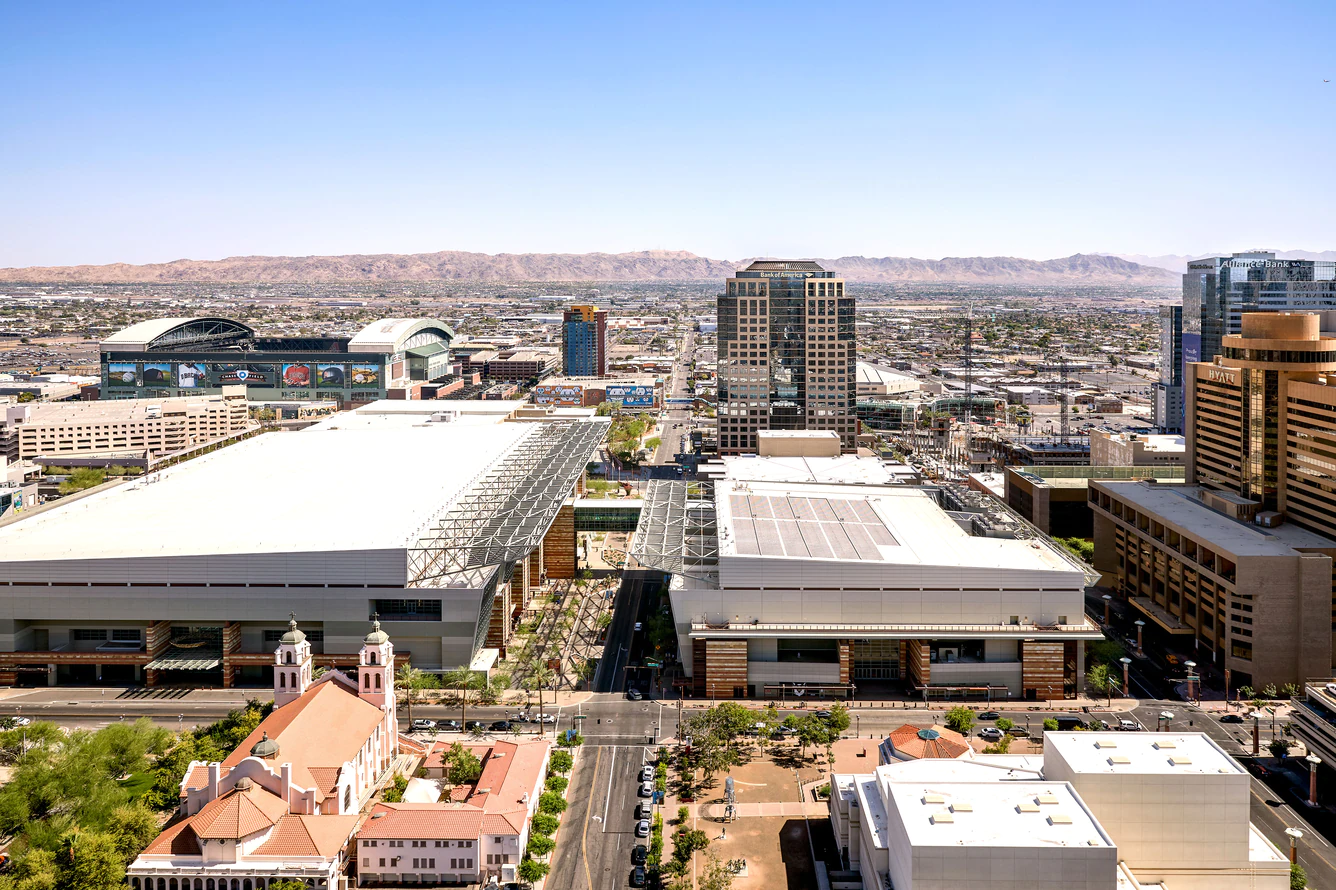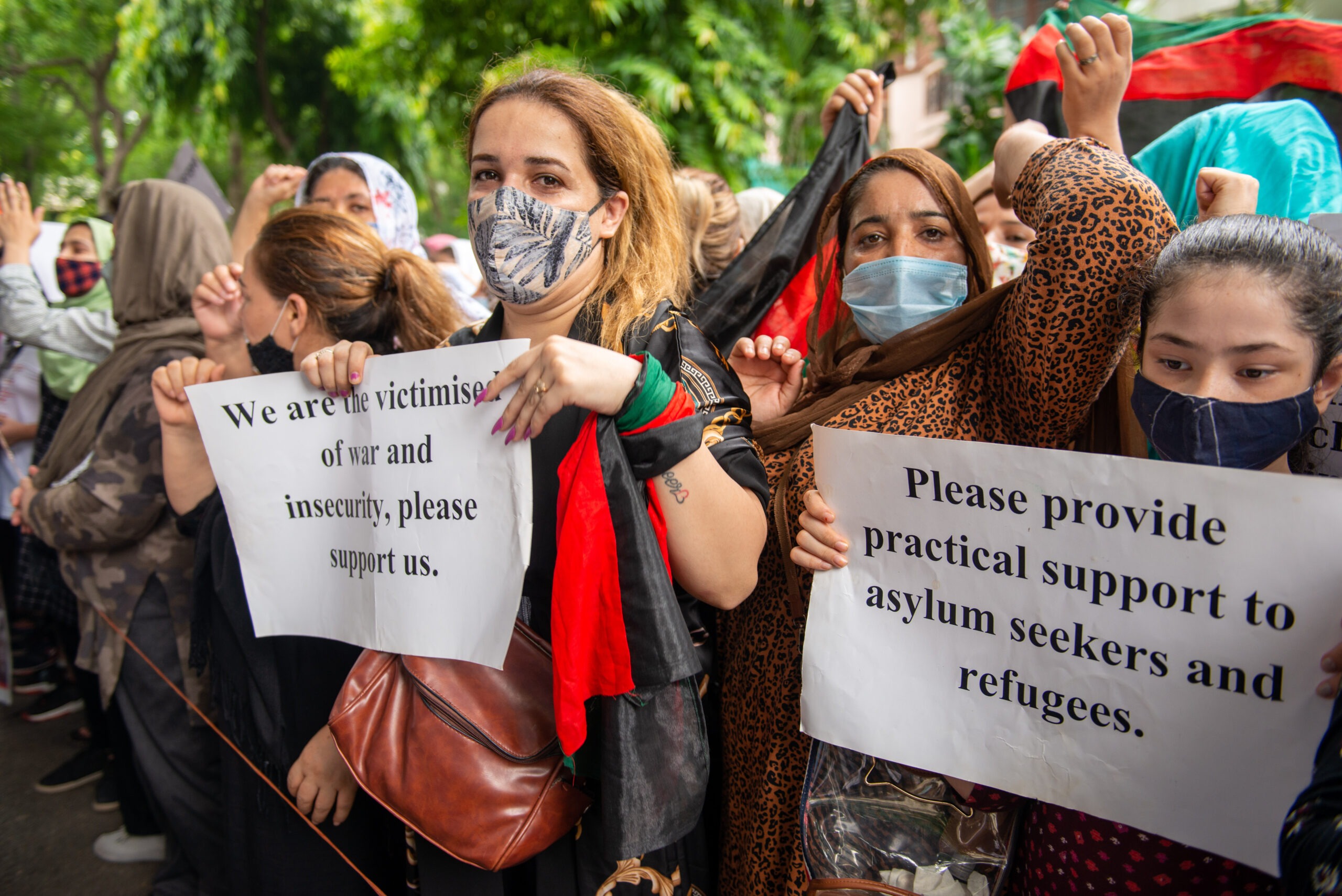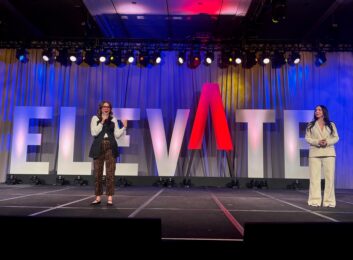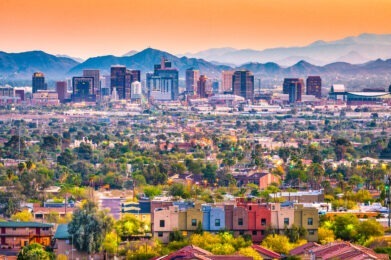Sheraton Phoenix Downtown embraces CSR and Afghan refugees
The staffing crisis decimating hotel services due to the slow return of employees to front desks and housekeeping carts added to the already brutal disruption in occupancy levels from the global pandemic. One Arizona hotel forged creative partnerships with government agencies, nonprofit organizations and the local Afghan refugee community to address layers of disconnect happening in the city.
Sheraton Phoenix Downtown made a conscious effort to address not only the need for staffing but to demonstrate Corporate Social Responsibility (CSR) and aid Afghan refugees who fled their homes as the Taliban regime took control in August 2021 and were relocated to Phoenix. Not only is this a matter of CSR, but it is also a matter of humanity.
Afghan Refugees Relocated to Phoenix
Sheraton Phoenix Downtown teamed up with the Arizona Refugee Resettlement Program (RRP) just as the staffing crisis from Covid coincided with the Taliban reclaiming control of Afghanistan in August of 2021, forcing more than 1,500 refugees to seek asylum in Phoenix.
Read More: How a Storied F&B Kitchen Went Halal to Accommodate Allies
Arizona was one of the top 10 ranking resettlement states from 2001-2021 and Phoenix became one of the assigned locations for Afghan refugees. Government agencies and nonprofit organizations were activated to help refugees gain access to federally funded programs and English language classes to provide a support system for the dislocated population. Local nonprofit Refugee Resettlement Agencies (RAs) provide services for 30 to 90 days while introducing them to federal programs such as Refugee Cash and Medical Assistance, employment services and English language training and linking them with employment opportunities in many arenas, including the understaffed hospitality industry.
As an employer, Sheraton Phoenix Downtown wanted to offer opportunities for those in need while building their staff with dedicated employees establishing lives for themselves and their families.

Support and Inclusion
Erin Flothmeier, director of human resources at Sheraton Phoenix Downtown, has worked with refugees for 30 years. She spoke with Smart Meetings to give insight on how important the partnerships with government agencies and local nonprofits were to restaff Sheraton and provide resources and opportunities to refugees from Afghanistan.
“Imagine the difficulty of being displaced into a country without the cultural, lingual or societal knowledge of your new home,” says Flothmeier. She explains this is the reason Sheraton Phoenix Downtown does not attempt to assimilate the new Afghan employees to American culture, but instead creates an environment of welcome and acceptance for their new teammates.
“We’ve changed our menus in the cafeteria to match their dietary restrictions. We have established a prayer room, a mosque,” says Flothmeier. “It’s not one or two people that we’re changing everything for, it’s a significant part of our team.”
Cultural Differences Are Strengths
When given the proper resources and support, diversity is an incredibly important facet of leading a successful team that is able to grow, adapt and be successful. Flothmeier says this is a benefit of embracing the uniqueness of all employees. For instance, when a team is multicultural, holidays fall on different days so it is easier to cover shifts year-round.
Read More: The Diversity Among Us
“Our traditional housekeeping workforce was female and Catholic or Christian,” says Flothmeier. “So, Christmas was super important. Now, with a more diverse department, it is a more supportive team.”
Different perspectives are also an asset when it comes to upper management positions. “My HR generalist was in HR in Afghanistan,” says Flothmeier. “He will ask questions about ‘can we try this?’ or ‘would this work?’ and most of the time it does work, and it hasn’t been something we’ve thought of.”

“It’s refreshing that from any diverse group that you hire, there is going to be a whole different perspective on things.”
Flothmeier also makes sure the hiring process is always focused on the individual, not a preconceived notion of a group of people. She makes it clear that each individual is interviewed, assessed and placed due to their strengths and experiences and not by their status as a refugee from Afghanistan.
“What we’ve done is really look at the individual background, and figure out where was the fit,” says Flothmeier.
“We have a position called an event specialist who’s out on the floor during the event and the liaison between the event planner and the hotel departments making sure everything is running smoothly. All four of those positions are filled with Afghan refugees. And all four of them are rocking it.”




